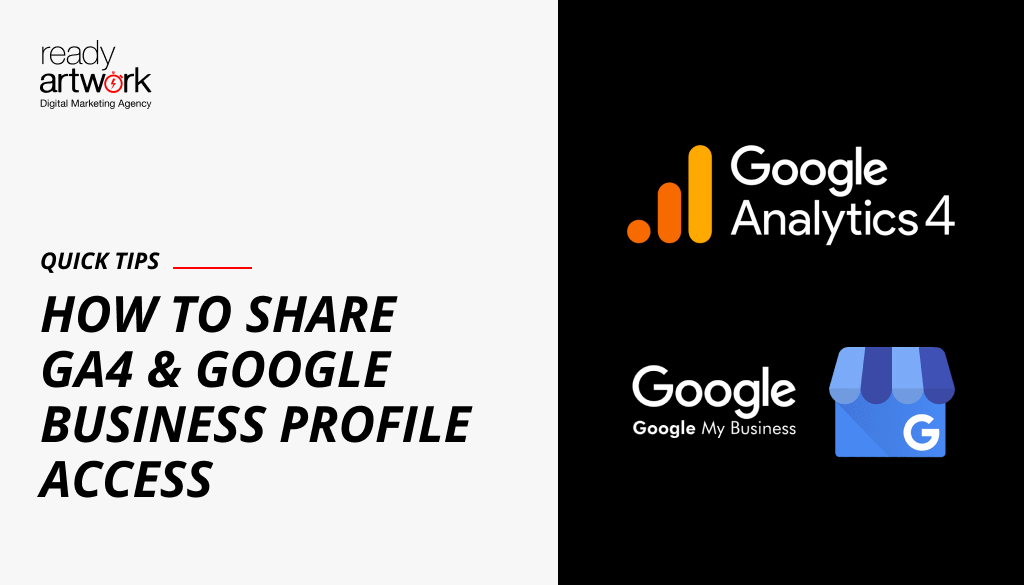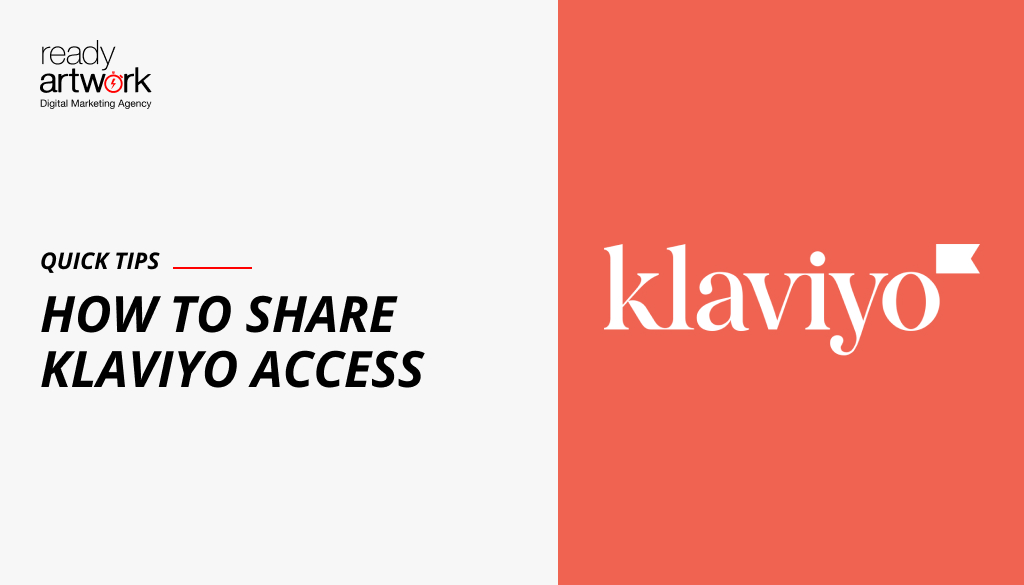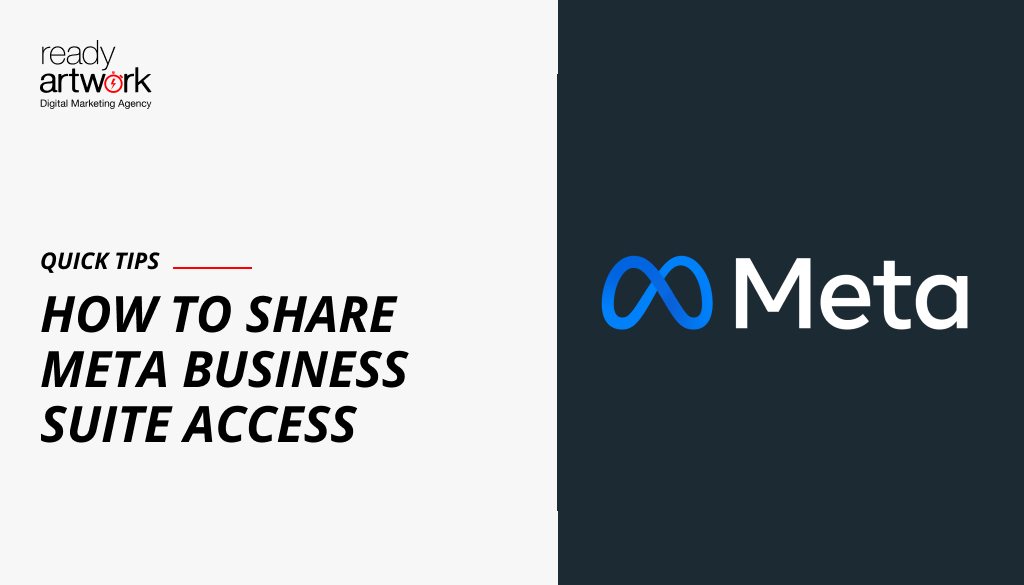SEO vs. PPC: Selecting the Best Digital Marketing Strategy

Table of Contents:
- What is SEO
- What is PPC
- The Cost of SEO vs. Cost of PPC
- Difference in Targeting & Reach of SEO & PPC
- Factors to Consider When Choosing Between SEO and PPC
- Challenges on Both Sides
- You Don’t Have to Choose Between SEO and PPC
- Start Your SEO and PPC Campaign with Ready Artwork

Among digital marketing strategies, the two that stand out the most are SEO and PPC. Respectively, they are Search Engine Optimization and Pay-Per-Click marketing. In many ways, these are two sides of the same coin: Both rely on keywords, both seek to entice digital marketing goals through relevant appearances in response to user activity, and both can be used over a variety of popular online platforms.
However, there are also important differences. Most successful digital marketing campaigns include strategies for both SEO- to attract organic traffic- and PPC to harness the power of sponsored results. In this article, we will take a closer look at choosing between SEO and PPC, as well as how to build your own strategy for digital marketing success.
The Modern Demand for Online Visibility
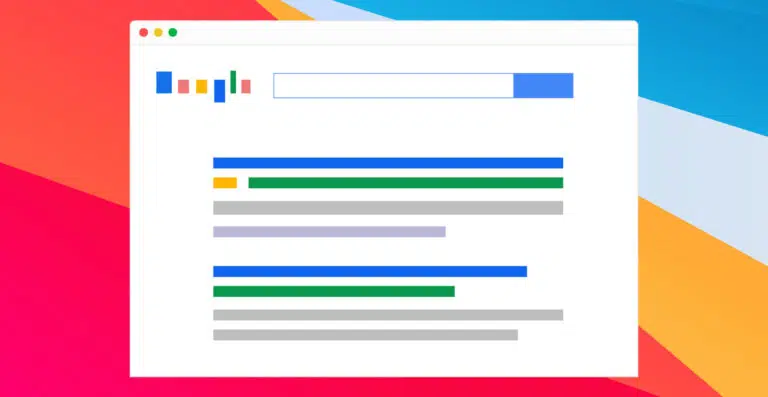
Online visibility is how you can gauge the strength of your business in the digital marketplace. In order to attain that visibility, your content and brand must appear before the online population as often as possible, and as relevant as possible. SEO inspires organic visibility by aligning your content with the search intent of your audience. PPC creates a practical yet competitive sponsored visibility in which brands pay for click-throughs rather than impressions.
When focusing your digital marketing strategy, should you put your time and resources toward SEO or PPC initiatives? The choice can be challenging.
Understanding SEO
SEO is a project that spans your entire website and even your off-site content strategy. It involves extensive research into both high-traffic and niche keywords that are then interwoven through your content, along with website optimization to make your pages more appealing for first-page and top-of-page ranking in search engine results.
SEO provides long-term benefits because every page of your site can be built to organically attract web traffic. SEO strategy allows you to create content that your audience is already looking for and has a desire to read, inspiring trust in your brand expertise. When implemented over time, SEO is a cost-effective methodology that increases your visibility with organic traffic growth.
A Look Into PPC
PPC is a form of advertising in which the company is only charged when users click through the ad. PPC also relies on keywords and provides sponsored results in both search engine pages and social media feeds.
PPC can also be used for banner advertisements, though this is less common. Brands will compete and bid for top keywords related to their products and the highest bidders for each keyword gain the greatest visibility.
PPC can rapidly provide visibility results compared to more slow-and-steady SEO strategies because it can push your brand’s content to the top of pages without waiting to grow credibility through page ranking measures. In other words, PPC serves as a quick means to more real estate on search engine result pages, meaning more chances for your ads to entice targeted audiences into performing a desired action.
By competing for top keywords, you are also able to target and personalize advertising and capture a high-intent audience. When PPC strategy is done right, it can provide quick and productive Return on Investment or ROI.
SEO vs. PPC Cost
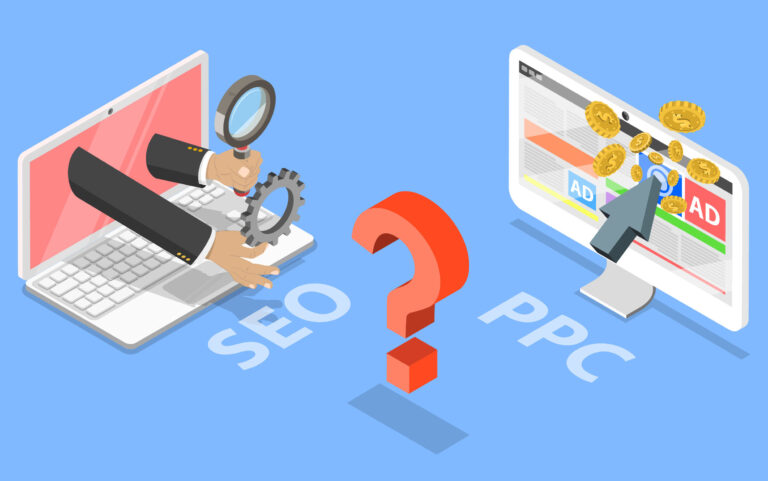
The cost profiles for SEO and PPC are very different. PPC requires a significant budget for each campaign in order to bid on – and then pay for – exposure through high-demand keywords and access to each platform’s powerful targeting toolkit. SEO, on the other hand, is a long-term investment in which a steady but relatively low budget for content creation can snowball into long-term results.
PPC Expenses
When engaging in a PPC advertising campaign, you will want to plan a robust budget that will be consumed faster the more successful you are at targeting your ad appearances and earning conversion clicks. Therefore, you will want a “ramp up” budget for the initial month. From there, it may take a few months to optimize your strategy before you see the ideal rate of results.
SEO Investment
SEO is a strategy that involves a steady spend over time. Efforts include continuous keyword research, content creation, and website design improvements with upgrade waves following each Google algorithm update. The positive results in brand visibility will build up gradually, but also endure much longer than the brief yet powerful PPC effects. As long as fresh, relevant content is being created, SEO will continue to build on itself.
Difference in Targeting & Reach
The right strategy can also be determined by the kind of targeting and reach you are aiming for. PPC is highly targeted while SEO has greater reach.
PPC Targeting
With PPC, you can target highly specific and personalized keywords while leveraging advanced targeting tools. This allows you to reach specific people and audiences by reaching out directly. You can personalize your impressions and explore unique targeting options for every platform on which you advertise. These tools allow you to target select audiences and even specific people beyond general intent or demographic alignment, but your broad reach is more likely to be limited using these tactics.
SEO Reach
SEO creates broad, organic reach and builds authority with your greater target audience. The goal is to write content that customers will look for when they are ready to learn and to buy. This can grow into a trustworthy information center and bring in traffic long after the initial investment in content creation. You can also create targeting by writing content for specific niches and long-tail, intent-rich keywords but cannot easily target select audiences as you can with PPC.
Factors to Consider
What should you consider when choosing between a PPC campaign or a long-term SEO strategy?
- Business Goals: Consider whether your goals are to target a specific group or increase your overall reach, whether you want short-term results or long-term credibility. This will strongly influence your choice.
- Timelines: Short-term results come from PPC, while a long-term strategy favors SEO.
- Budget Constraints: If you have a limited budget, SEO is a valuable and affordable investment. If you have a large budget and want to make a splash, PPC will have the bigger (and more immediate) impact.
Challenges on Both Sides
Of course, there are challenges related to each strategy, as well. You may want to consider the possible downsides or pitfalls of both options before choosing your next digital marketing campaign.
Downsides of PPC
PPC only provides valuable results when properly implemented. Without research, experience, and fine-tuning, you can spend a vast advertising budget without achieving your stated goals. Remember that poorly targeted content will lead to paid-for clicks with a very low chance of conversion from those advertising dollars.
Downsides of SEO
The slow nature of SEO results makes it more difficult to refine your strategy or rapidly see the results of new tactics. You must also maintain pressure, posting a steady stream of organic content on your website and across channels to build up the kind of momentum that can get you to the top of search engine results pages.
Making the Decision
It should also be remembered that you don’t have to choose. SEO is something a brand will maintain and build on for months and years. PPC is a type of campaign you can plan, repeat, and improve many times in the same span of time. Here is a quick checklist as you set up either SEO, PPC, or both strategies together.
- Content Calendar: Create a content calendar for PPC or SEO campaigning with at least 3 months (1 quarter) of content.
- Backlinks: Build a plan to create backlinks through social media, partners, and other platforms.
- Analytics: Set up a search console and analytics platform to track your success.
- Sheet: Get your content ready with Ad Copy or Ads Editor
- Define Target Audience: Identify your ideal customer through demographics, persona, lookalikes, and behaviors.
- Budget: Set monthly budget and revenue goals to achieve ROI
Master SEO and PPC Campaigns with Ready Artwork.
Ready Artwork has experience in boosting both SEO and PPC campaigns for businesses like yours. You can see how our skills and experience in SEO played a significant role in the rise of Metro Micro and our command of both PPC and SEO yielded satisfying results for Meefog, among our recent client success stories.
Contact us by filling out the form below:
Contact Us
DROP US A MESSAGE
WE'LL GET BACK TO YOU SOON!
